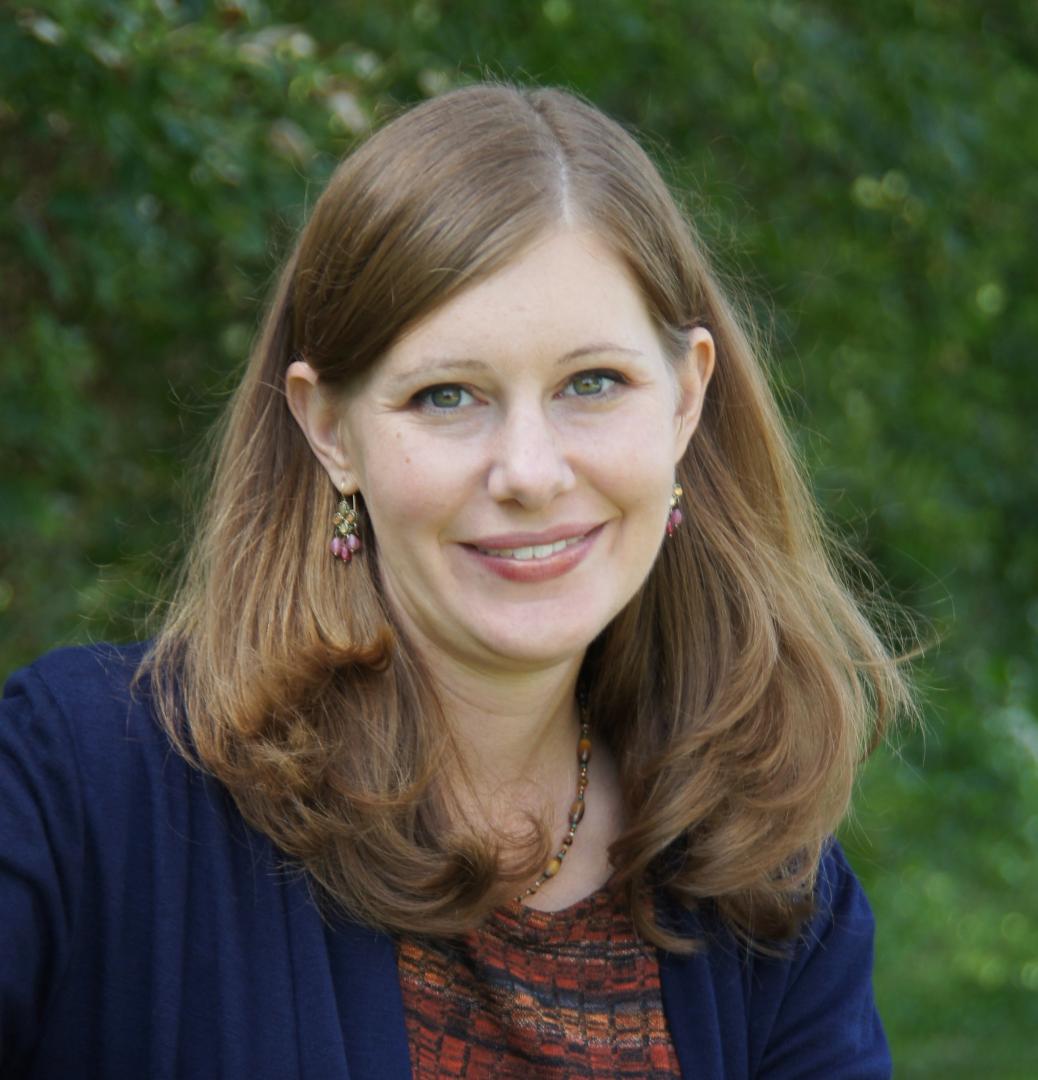
Bethany Yeiser, BS, President, the CURESZ Foundation
My “Homeless Christmas”
This December, I celebrate thirteen years of recovery from schizophrenia. As I decorate my apartment for Christmas, send off cards, and buy gifts, I think back to my life outside, homeless in Los Angeles. In 2006, I spent Christmas wandering parks nearby my former university, looking for any food that had been discarded by healthy and normal people who walked the area. It was an improvement over my Thanksgiving, as I had spent five days in jail for trespassing at the university where I had once excelled as a student. During this time, I was totally unaware that I was suffering from a brain disorder which had plunged me into a state of paranoia and estrangement and caused me to have delusions and hallucinations.
Today, for me, holidays are a special time to spend with family and friends. Throughout the year, I have the pleasure of seeing my parents often, as they live half an hour away. I enjoy living a block from the university campus where I graduated ten years ago. I play violin every week at my church and teach piano lessons at my apartment. I look forward to seeing people from every facet of my life over the holidays. It’s such a contrast from years back, when my psychosis led me to avoid everyone I loved and cared about.
When I look back at my life, one of the biggest surprises was my inability to seek help, even after being incarcerated over a major holiday. All through my childhood, I had so many friends, a great relationship with my parents, a love for piano and violin, and a dream to become a scientist in the future. My life was filled with love and excitement.
So how did I end up homeless and in jail and still refuse all help from my parents and from so many other families that would have been happy to help me rebuild my life? The only thing that could have caused me to fall so far was a brain that was “broken” by my illness and failing me.
Isolation and a lack of interest in spending time with others are common symptoms of schizophrenia. In hindsight, my behavior went far beyond normal, as I survived for days and even weeks without seeing any friends. Today I realize that my lack of contact with others was more than a choice. It was a serious symptom, indicating a problem with normal brain function.
In 2007, a year later, my Thanksgiving and Christmas were difficult for very different reasons. I had been diagnosed with schizophrenia, and for about ten months, had been taking a partially effective medication. I was able to live outside the hospital, but struggled to get through every day, as the side effects of my medication were severe, and the voices in my mind were still present. Over the holidays, I wanted to have one single day off my medication, but I knew better, and remained medication compliant. In 2007, with my illness in partial remission, my biggest wish was for a quiet mind and normal relationships. But my medication left me with a flat affect and a drugged appearance, and I was too exhausted to enjoy spending time with anyone.
Today, over the holidays, I pray for those who are struggling either on a partially effective medication or untreated, unaware that they are sick. It is my hope that patients in these situations will continue trying other medications and treatments and not give up, reaching the highest level of recovery possible.
In 2008, I had much to be grateful for. For months, my medication had been working. In less than a year, my miracle would happen. I would be at a university again, scoring A’s in molecular biology classes.
Today, in 2021, as president of the CURESZ Foundation, I enjoy reaching out to families who are torn apart by a loved one’s schizophrenia. I find comfort in volunteering to serve the homeless over Christmas and Thanksgiving. My church supports a program that helps the most mentally ill and desperate people, many who live under bridges, find housing in local hotels. I wish I had been able to accept this kind of help in 2006 while living in the churchyard.
My mom and dad were so committed to my recovery, as well as my psychiatrist who was committed to press forward until an effective medication was found that would clear my mind. Because of these people, I got a new chance at life.
There is hope, even for those of us who reject all friends and family over the holidays as I did, because of an illness affecting their brain. I resolve to always look deeper and see the mentally ill for who they really are underneath their illness, and encourage them toward treatment, which may include medication. I feel I owe a debt to those who have helped me most. I endeavor to always give back, and never give up on those who have not recovered and struggle the most over the holidays.

